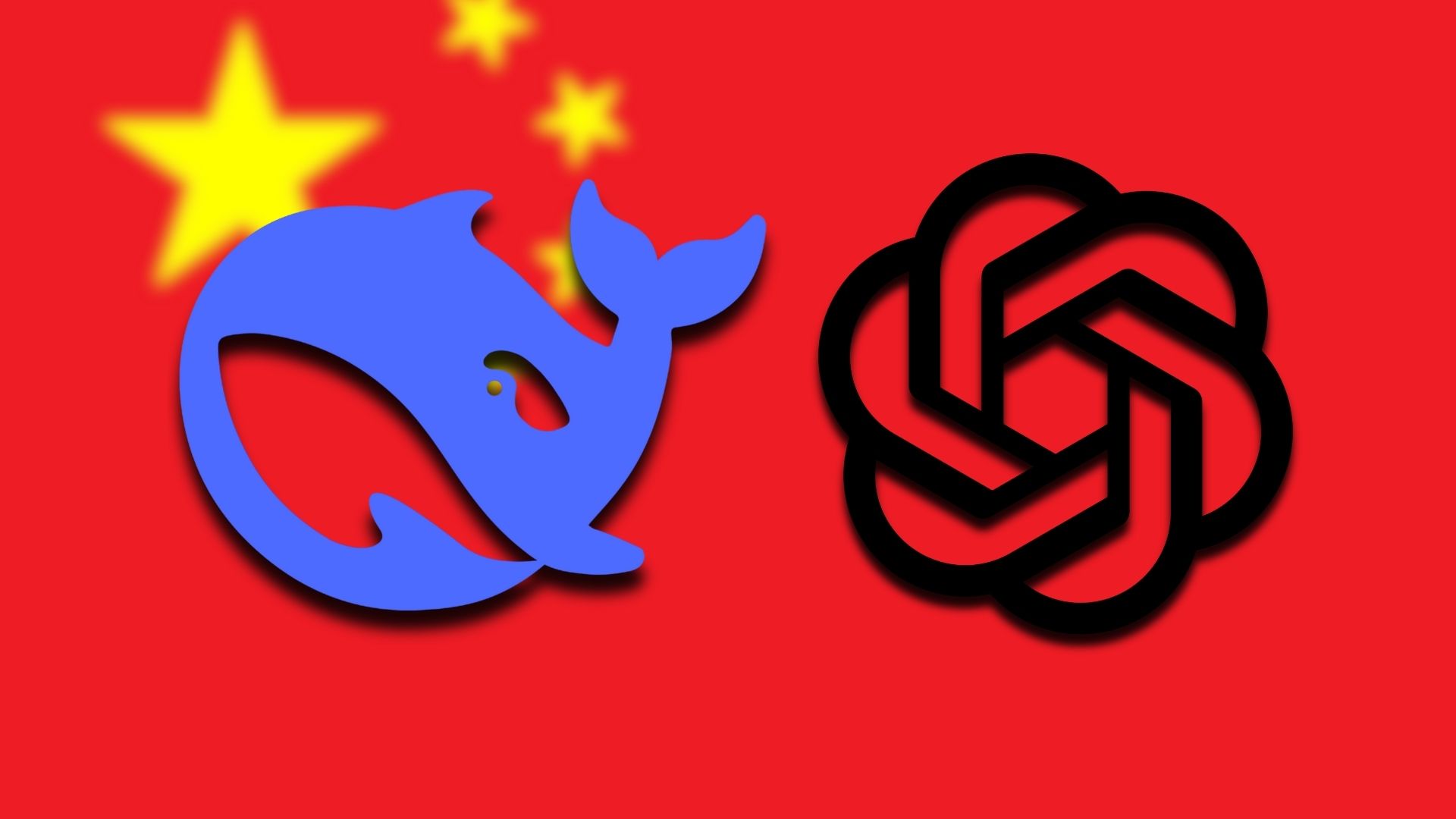Researchers have found that an AI-enabled digital stethoscope significantly improves the detection of moderate-to-severe valvular heart disease in primary care compared with traditional auscultation. The prospective study was published in the European Heart Journal Digital Health.
In the trial, the AI-assisted device achieved a sensitivity of 92.3 percent for audible valvular disease, more than double the 46.2 percent recorded using standard stethoscopes. The system identified twice as many previously undiagnosed moderate-to-severe cases.
The study involved 357 patients aged 50 and over with cardiovascular risk factors and no known valvular disease. Participants underwent routine clinician examination, along with AI-supported phonocardiogram analysis, with echocardiography used for confirmation.
While specificity was lower for the AI tool, researchers said the technology is intended to support screening rather than replace clinical judgement. Earlier identification could enable faster referral for echocardiography and treatment.
Authors cautioned that increased false positives may raise referral volumes and healthcare costs, highlighting the need for further evaluation. Despite limitations, the findings suggest AI augmentation could strengthen early cardiac screening in primary care settings.
Would you like to learn more about AI, tech, and digital diplomacy? If so, ask our Diplo chatbot!










